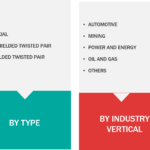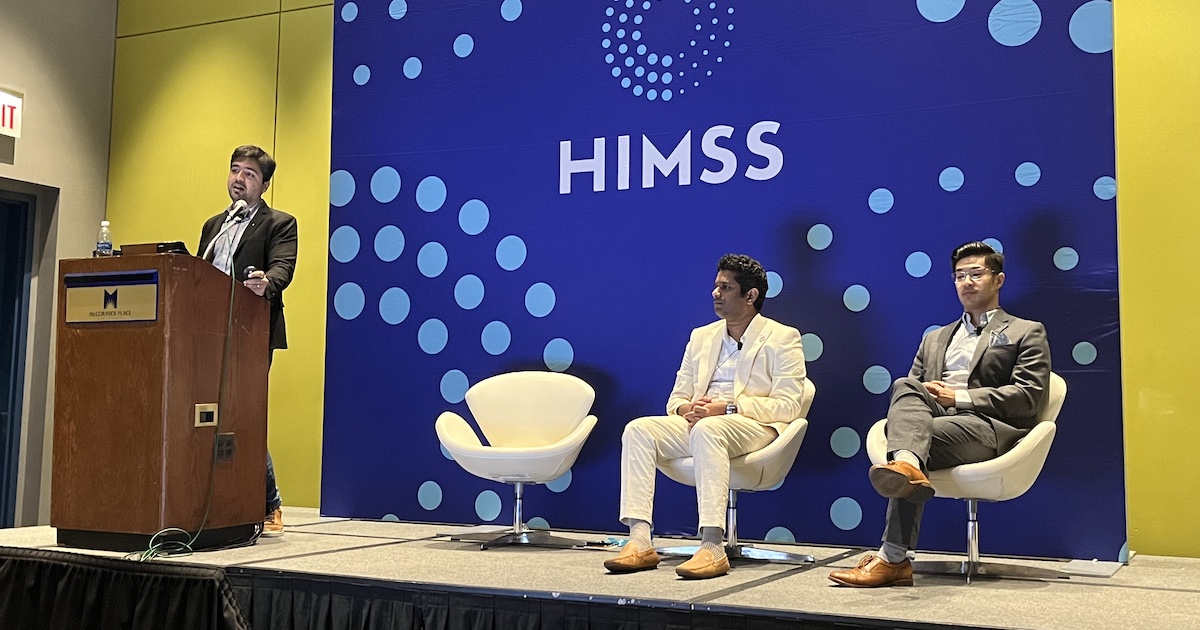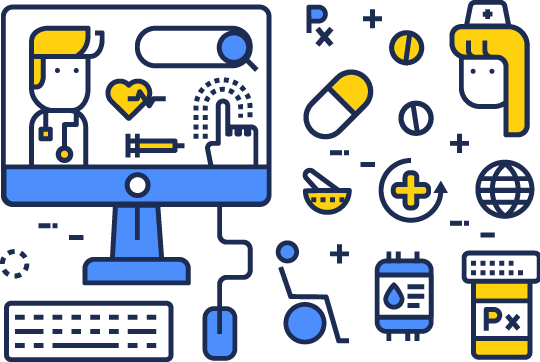Cognitive Behavioral Therapy (CBT) is a widely recognized and effective approach in addiction treatment. When implemented within mental hospitals in Mumbai or other specialized treatment facilities, CBT provides individuals struggling with substance abuse the tools to identify and change problematic behaviors and thought patterns. In this blog, we’ll explore the significance of CBT in addiction treatment and how psychiatric hospital in Mumbai leverage this evidence-based therapy to facilitate recovery.
Understanding Cognitive Behavioral Therapy (CBT)
CBT is a psychotherapeutic approach that focuses on the relationship between thoughts, feelings, and behaviors. It operates on the principle that our thoughts influence our emotions, which in turn affect our actions. In the context of addiction, CBT helps individuals recognize and modify unhealthy thought patterns and behaviors related to substance abuse.
Key Principles of CBT in Addiction Treatment
Identifying Triggers: CBT helps individuals identify the situations, emotions, or thoughts that trigger their substance use. This awareness is crucial in developing effective coping strategies.
Developing Coping Skills: Mental hospitals in Mumbai often integrate CBT into their addiction treatment programs to teach individuals practical skills for managing cravings and stressful situations without resorting to drugs or alcohol.
Challenging Distorted Beliefs: CBT encourages clients to challenge and reframe distorted beliefs or negative self-talk that may contribute to addiction. This cognitive restructuring enables healthier decision-making.
Problem-Solving: Clients learn how to effectively problem-solve by breaking down challenges into manageable steps, thus reducing the sense of overwhelm that may lead to substance use.
Relapse Prevention: CBT equips individuals with relapse prevention strategies by teaching them to recognize early warning signs and develop strategies to avoid returning to substance use.
CBT in Mental Hospitals in Mumbai
Mumbai is home to several state-of-the-art mental hospitals and addiction treatment centers that have adopted CBT as an integral part of their treatment protocols. Here’s how CBT is employed in these settings:
Assessment and Tailored Treatment Plans: Upon admission to mental hospitals in Mumbai, clients typically undergo a comprehensive assessment. Based on the assessment results, treatment plans are tailored to address individual needs. CBT is often a part of these customized plans.
One-on-One Therapy: CBT is conducted in one-on-one therapy sessions with a trained therapist. This personalized approach allows clients to delve into their specific challenges, beliefs, and behaviors contributing to their addiction.
Group Therapy: Many mental hospitals in Mumbai incorporate CBT into group therapy sessions. Group settings provide individuals with peer support, allowing them to share experiences and learn from one another.
Skill Building: CBT sessions within addiction treatment aim to equip clients with the skills necessary to overcome obstacles to recovery. These skills include stress management, assertiveness, problem-solving, and emotional regulation.
Continued Support: CBT doesn’t end with the completion of an addiction treatment program. Mental hospitals in Mumbai emphasize the importance of follow-up care to reinforce the skills learned and provide ongoing support for sustained recovery.
The Efficacy of CBT in Addiction Treatment
Numerous studies have demonstrated the efficacy of CBT in addiction treatment. Its evidence-based nature has led to its widespread adoption within mental hospitals, both in Mumbai and around the world. Some benefits of CBT in addiction treatment include:
Improved Coping Skills: CBT helps individuals build adaptive coping skills, reducing the reliance on substances to manage stress or emotional discomfort.
Long-term Recovery: CBT equips individuals with the tools they need for long-term recovery, increasing the likelihood of sustained abstinence.
Addressing Co-occurring Disorders: CBT can effectively address co-occurring mental health disorders that often accompany addiction, providing holistic care.
Greater Self-awareness: Clients gain a deeper understanding of their triggers and thought patterns, enabling them to make more informed choices.
Customized Approach: CBT allows for a personalized treatment approach, ensuring that clients receive care tailored to their specific needs.
Cognitive Behavioral Therapy is a valuable and proven approach in addiction treatment that plays a pivotal role in the rehabilitation process. In mental hospitals in Mumbai, CBT is offered as part of comprehensive addiction treatment programs, addressing both the behavioral and cognitive aspects of addiction. By empowering individuals to change unhealthy thought patterns and behaviors, CBT helps them achieve lasting recovery and regain control over their lives. If you or someone you know is struggling with addiction, consider seeking help from rehab in Mumbai that offer CBT-based addiction treatment programs for a brighter, substance-free future.





